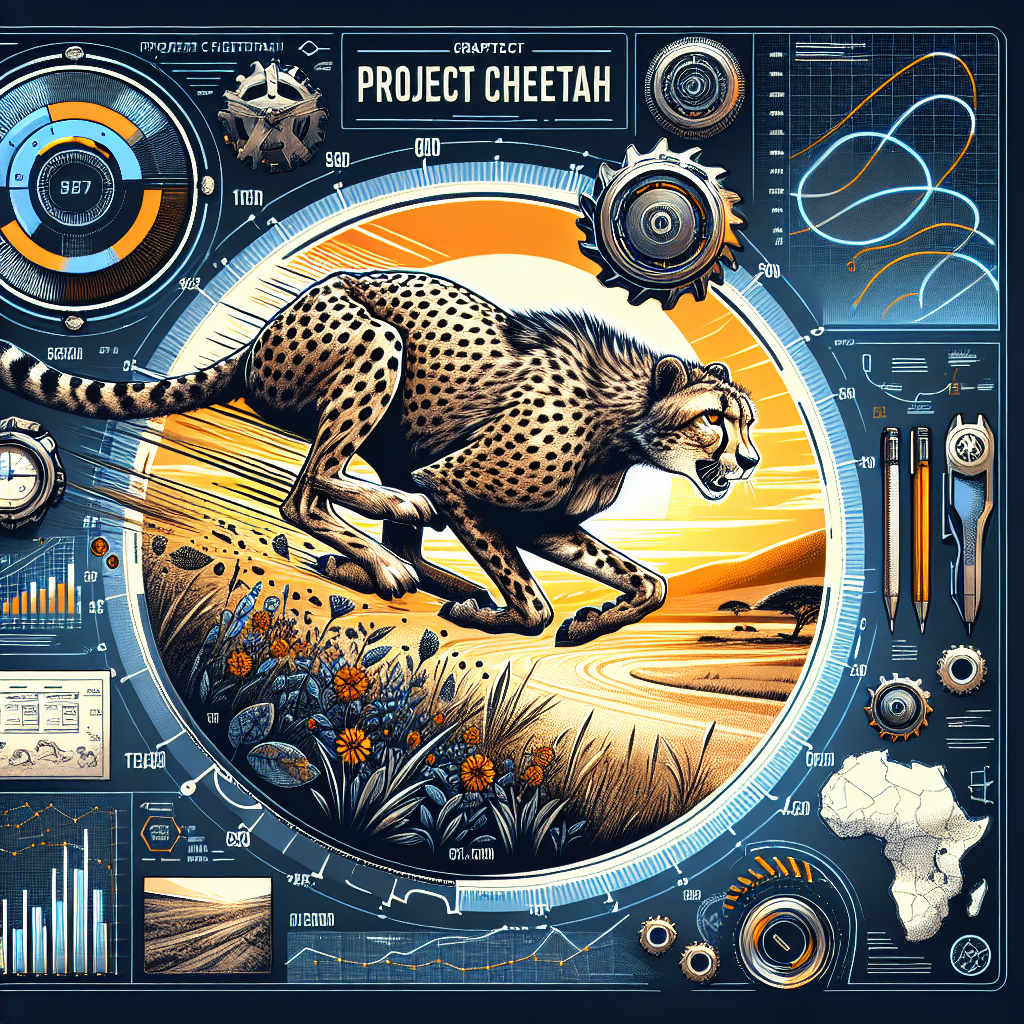Project Cheetah: Triumphs and Challenges in Indian Wildlife Conservation
Union Environment Minister Bhupender Yadav stated that Project Cheetah in Kuno National Park has been successful despite some cheetah deaths. With the birth of cubs, the project shows positive signs. Efforts are ongoing to bring more cheetahs from South Africa and Kenya to enhance the population.

- Country:
- India
Union Environment Minister Bhupender Yadav lauded Project Cheetah's success on Friday, despite some cheetah deaths attributed to varying climatic conditions. Speaking at a photography exhibition by Aarzoo Khurana, Yadav highlighted the birth of cubs in Madhya Pradesh's Kuno National Park as a significant contributor to the project's success.
Yadav noted that 20 cheetahs were initially brought to Kuno, acknowledging some losses due to climate conditions. He also announced plans to introduce more cheetahs to Gandhi Sagar Wildlife Sanctuary.
Originally anxious about cheetahs entering their range, Kuno's forest rangers were encouraged by Yadav to remain dedicated, understanding that such conservation efforts take time.
The project marks the first-ever intercontinental translocation of big cats, with eight cheetahs arriving from Namibia in September 2022 and 12 from South Africa in February 2023. Since their arrival, eight adult cheetahs have died, but 17 cubs have been born, with 12 surviving. This brings Kuno's total cheetah population to 24, including cubs.
PTI reports that an official delegation will soon visit South Africa for negotiations on bringing another batch of cheetahs, along with discussions underway with Kenya. The 'Action Plan for Reintroduction of Cheetah in India' aims to bring 12-14 cheetahs annually from African countries over the next five years.
(With inputs from agencies.)
ALSO READ
Jamnagar Birds Census: A Landmark Initiative for Avian Conservation
Water Conservation Urged Amid Controversial River Linking Plans
Over 1,000 Experts and Conservationists to Promote Sustainability at Mahakumbh
Bengal's Feline Intruder: A Call for Cooperative Conservation
Tragic Poaching of Tiger Sparks Urgent Conservation Measures in Kumaon










